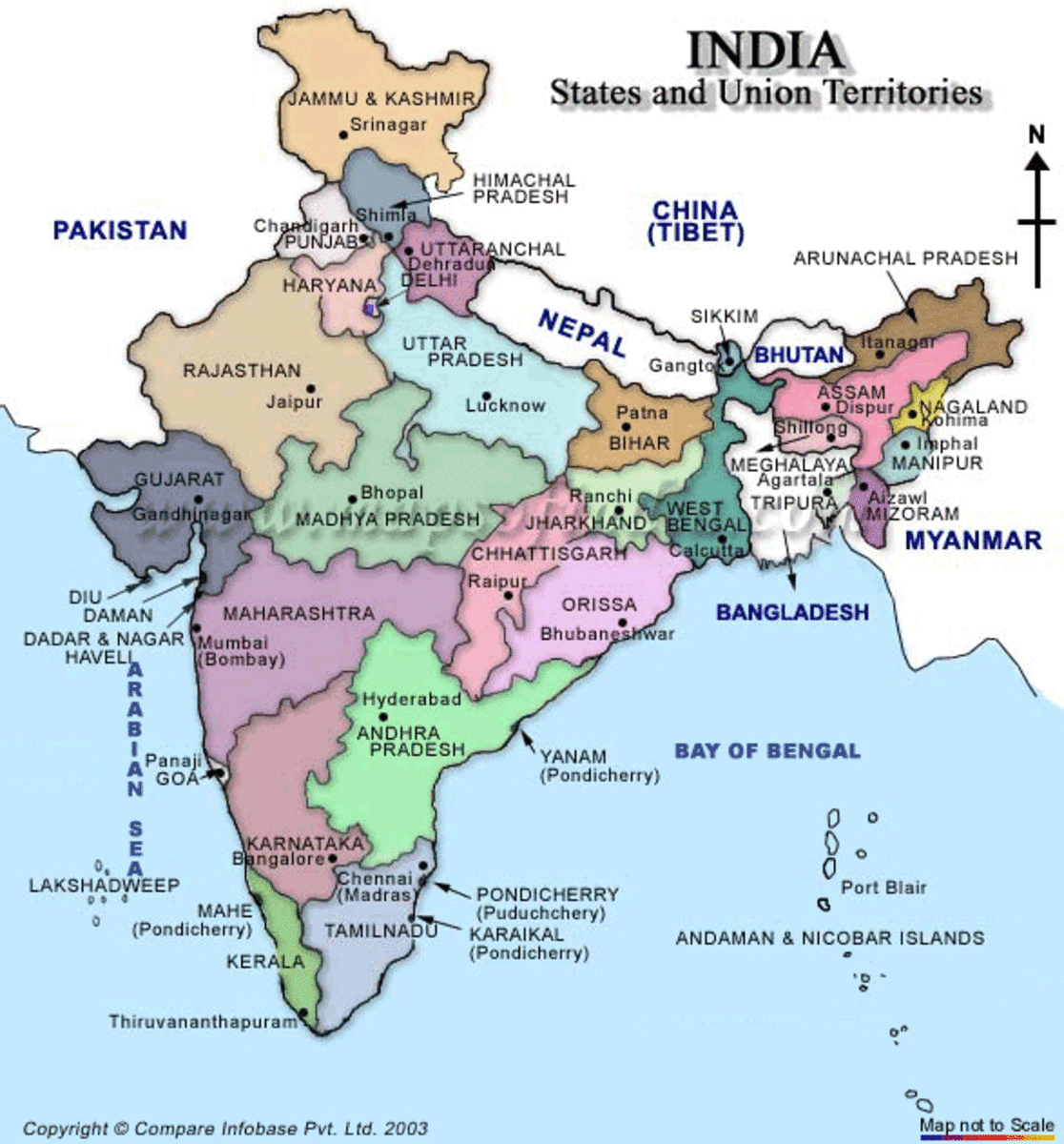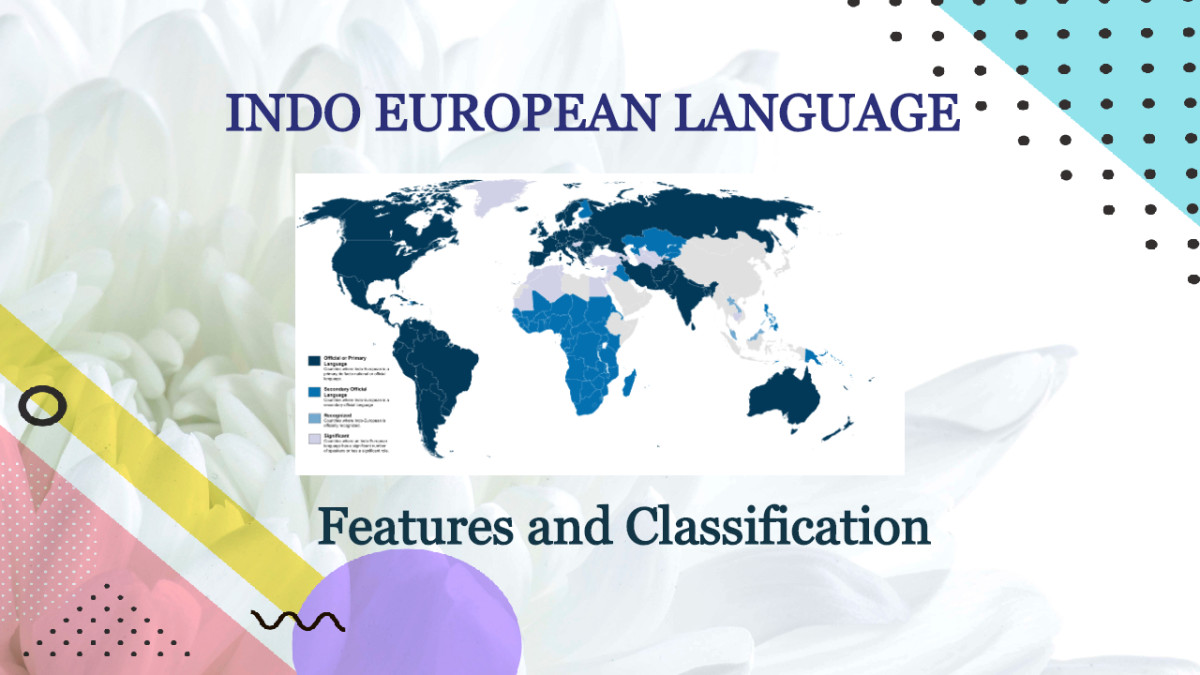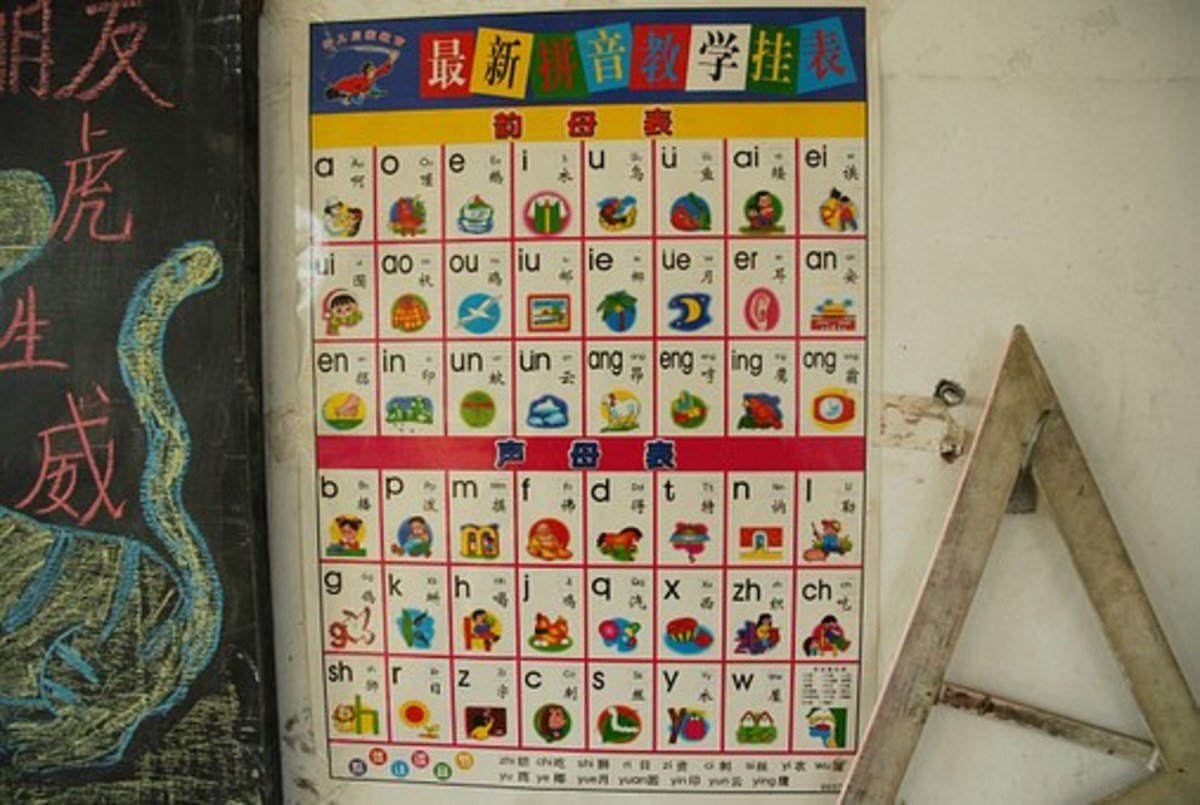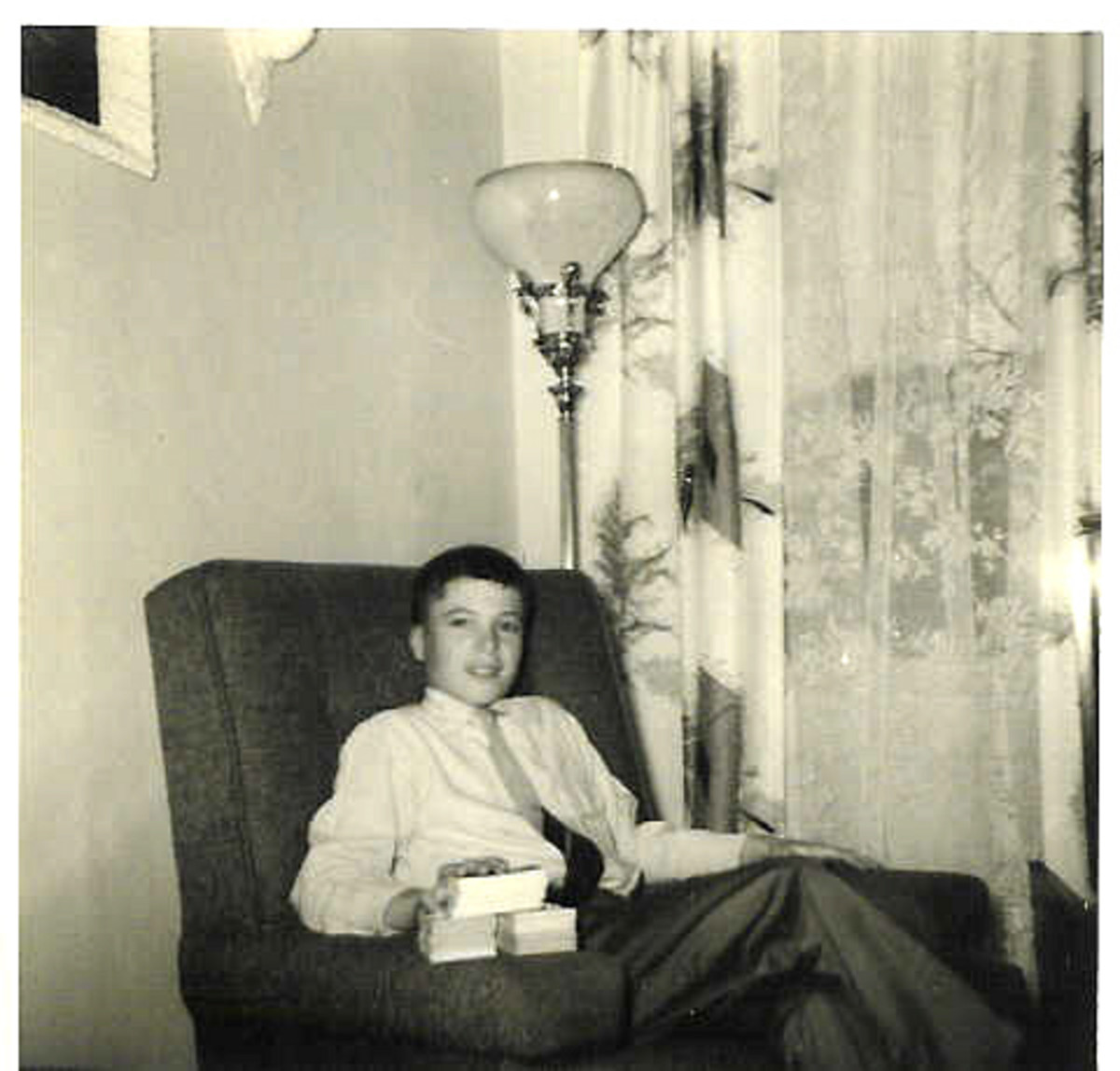Multilingual Family
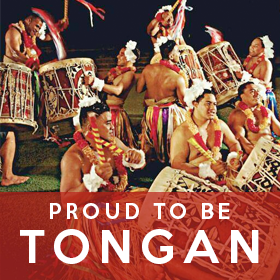
Languages
I have always been amazed and impressed when a person can switch from one language to another. I grew up exposed to mostly American English. So, I was monolingual pretty much through high school. Not too many non English speakers lived in our area. International travel came after I was married and had children.
Late Exposure
My husband was born and raised in Tonga. He did not speak English until he was a teen and was bilingual. After we were married, we moved to the South Pacific. My husband's family spoke mostly Tongan, so my children had to really listen to understand what they wanted.
I had only learned a few basic words in Tongan. The language did not come easily to me. One of reasons (or excuses) I give for not speaking fluent Tongan, was that we lived on the campus at Liahona High School. This was a church school run by the LDS Church. Most faculty that lived on campus were from the mainland USA and spoke in English. It was a rule that Liahona High School students must speak English on campus, so they had more of a chance to pass exams to further their education in America, New Zealand or England. The elementary school my children attended was for ex-patriot children (those from overseas and the children of the Royal Family of Tonga). So it was not necessary for them to learn Tongan to get by.
Only when we went out to the villages, shopping in the capital, Nuku'alofa, did we get exposed to mostly the Tongan language. I learned how to say:
Malo e lelei (literally means "thanks for being good), the Tongan greeting word.
Funny, as I have learned more about languages, the myth used to be that a child who tried to learn two languages would be at a disadvantage, not able to speak either very well. Watch this video to see what was later discovered.
How are you? (fefe hake?)
Where are you going? Alu ki fe?
How much is it? 'Oku fiha ia?
What time is it? 'Oku fiha taimi eni?
My children know these simple questions, but since their father was not home most of the time, they spoke English with me.
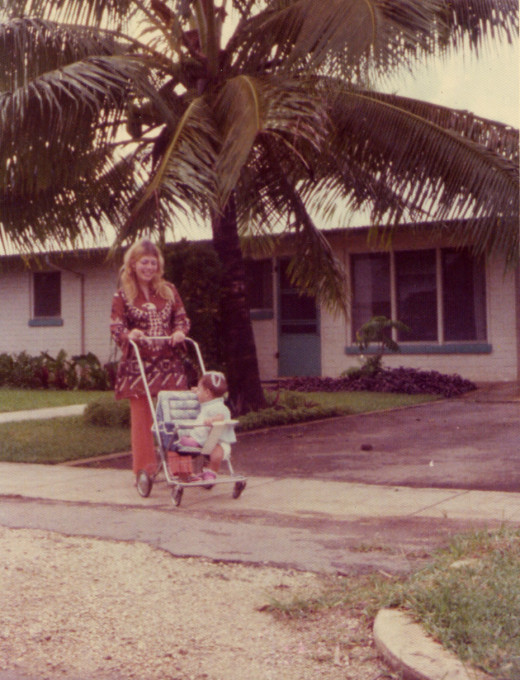
- Ko hai? – WHO?
- ‘I fē? – WHERE?
- ‘Afē? ‘Anefē? – WHEN (future) WHEN? (past)
- Hā? – WHAT?
- Fēfē? – HOW?
Even though we lived in Tonga for several years, most of the communication in our family was in English. My husband served as a bishop in our ward in the LDS Church for the "Palangi" (foreigner) Ward, so even on Sunday, it was mostly English.
One of our sons had the opportunity to serve a mission in Tonga for a couple of months. He was sent to a remote island away from any English speaking people. He was forced to learn Tongan to survive. He now speaks several languages, having served in the military.
Tongans like to Tonganize some English words. For example, the word Sapate is the Tongan version of Sabbath. Another is famili (family).
I felt bad that my children and myself could not speak fluently in Tongan and was often made fun of (which discouraged me further). Many families have moved overseas and because the parents were not consistent in speaking Tongan to their children and grandchildren, much of the language has been lost in the following generations.
All of my children and grandchildren can sing the song "Love at Home" ('Ofa i api). I always feel happy when I hear them sing it altogether, even the youngest. They are aware of many of the Tongan cultures and traditions. I think they learn more respect and empathy for others, including their elders, by learning about both America and Tonga.
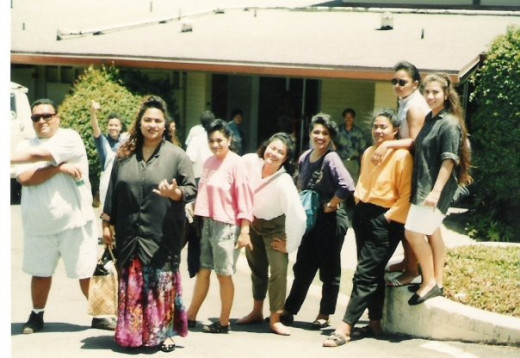
Fun Tongan Video by Hema Fifita
Now, as a grandparent, I can expose my grandchildren to the Tongan language, so it is not totally lost. My youngest son has also started a website to learn basic Tongan: http://speaktongan.com/
It has recordings by some of his friends so you can hear the correct pronunciation.
I would love to hear from others who have raised their children in a bilingual home. Of course, we are all different, but it may help us understand others and preserve the languages of the world.
© 2015 Elayne


